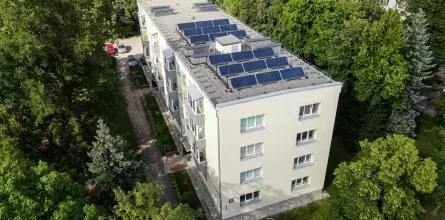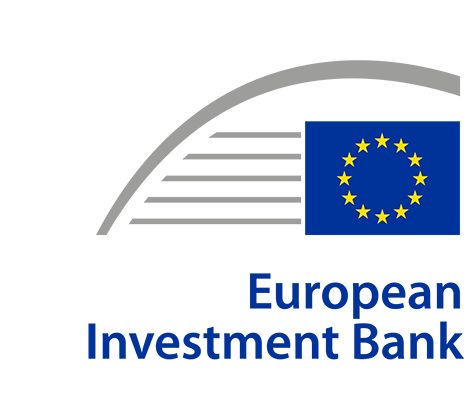The Greek Ministry of Development and Investments is supporting the restoration of thousands of individual houses and flats in the country, thanks to the 2014-2020 Energy Savings in Existing Housing Programme co-funded by the European Regional Development Fund.
Seven years after implementing the second countrywide energy savings programme (the Programme), some 47 075 households have been assisted in reducing their energy consumption at a total cost of a more than EUR 721 million. This has led to annual primary GreenHouse Gas (GHG) emissions reduction of 106 416 thousand tonnes of CO2 equivalents, which equals the annual energy use of more than 10 thousand homes.
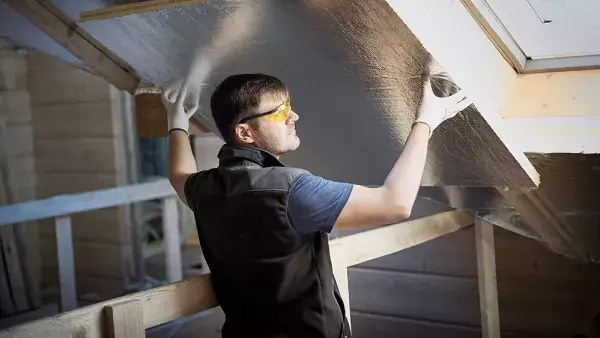
The investment generated energy savings of 534.47 GigaWatt hours per year, enough energy to light more than 600 thousand 100W lightbulbs continuously for one year.
Overall, 60 058 households should benefit from the Programme until June 2021 for a total budget of EUR 1 billion.
The “First-Come, First-Served” Programme is the brother of its successful predecessor launched between 2007 and 2013. The latter provided EUR 249 million partially subsidised loans combined with non-repayable grants to address the reluctance of private investors to fund energy efficiency projects in residential buildings.
“The Programme is very popular as it encourages home owners to finance energy efficiency. So far, out of the 64 637 applications accepted, 47 075 have been completed and 27 877 loans were signed”
says Katerina Proestaki, who is monitoring the programme at the Ministry of Development and Investments.
The renovation works include: thermal insulation of roofs and walls, replacement of windows and doors, upgrading of heating and ventilation systems, installation of solar water heater systems and heat pumps. To be economically viable, the renovations carried out must achieve 40% of energy savings for lower income homeowners and 70% for upper categories.
The loan-grant combination: a strong asset
Low-income households are especially affected by energy poverty since they cannot afford newer, more efficient appliances and often live in older non-refurbished houses and flats, paying significantly higher energy bills compared to people living in energy efficient homes.
“This is the reason why this second renovation Programme was divided into two phases targeting first low income households. The Programme clearly raised public awareness thanks to the loan-grant combination and this is especially true among low income families”.

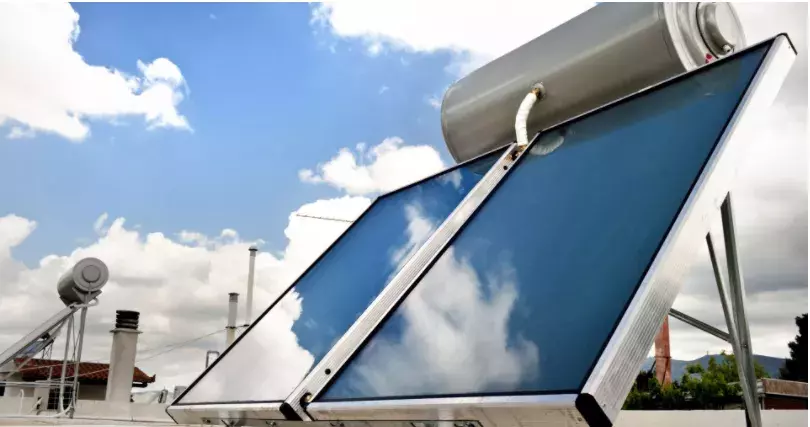
On average, each homeowner spent EUR 15 000 including a EUR 9000 non-repayable grant allocation relating to income. The maximum eligible budget of interventions (including VAT) could not exceed EUR 25 000 € per property. “Out of the EUR 721 million granted so far, grants represent more than half of the budget”, indicates Mrs. Proestaki.
The loan-grant combination was provided through two separate operations to final recipients through the ten most well-known Greek banks (National Bank of Greece, Alpha Bank, EuroBank, Piraeus, Attikis, etc.) acting as a ‘one-stop-shop’.
Regarding the financial instrument, a total of 21 317 loans have been disbursed for a total amount of EUR 137.6 million.
Moving things up a gear with the new Programme
In order to encourage more energy-efficiency renovations, a new modified Programme addressing a wider range of incomes has just started.
“Out of the 40 000 applications received so far, 12 580 have already been approved corresponding to approximately EUR 250 million investment”
says Katerina.
With a total budget of EUR 850 million, the maximum eligible budget of interventions has been doubled. “However, the required target level of energy savings is also expected to be higher”, she warns while she adds: “There has been a huge interest so far because the percentage of grants allocated to each case has been increased.”
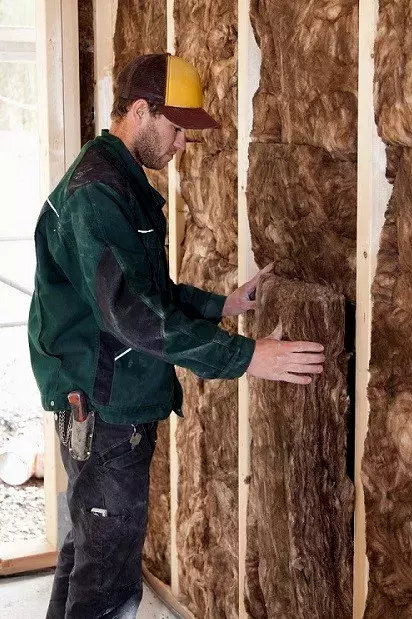
Selecting the right candidates
In order to reach a wide public, the Programme was advertised through the Ministry of the Environment and Energy website as well as the Operational Programme Competitiveness, Entrepreneurship and Innovation portal.
Several articles were also published in well-known newspapers and each bank involved in the Programme conducted a separate advertisement campaign in order to attract more customers.
According to Christos Drymousis, from the Ministry of Development and Investments, Managing Authority of the Operational Programme "Competitiveness, Entrepreneurship and Innovation”, selecting the right candidates was key to the success of the programme.
“There has been a huge interest so far but the assessment process was difficult. Addressing multi-apartment buildings has been extremely difficult because of the co-ordination between all apartment owners, so we decided to concentrate our energy on individual flats only”.
Christos Drymousis, Greek Ministry of Development and Investment
Notwithstanding the impact of the Covid crisis on the Greek economy: “Like all its European counterparts, the Greek economy has been seriously affected by the sanitary crisis. So we decided to extend the Programme by six months”, indicates his colleague Katerina while she adds:
“This Programme has also brought a considerably positive impact in terms of employment with an increase of employment in the construction sector and a significant number of jobs saved or created”.
In addition to impact on employment, the Programme has helped achieve an even more challenging goal: changing consumer behaviour in energy consumption. That alone can be hailed as a significant step forward for the country and for the planet!





